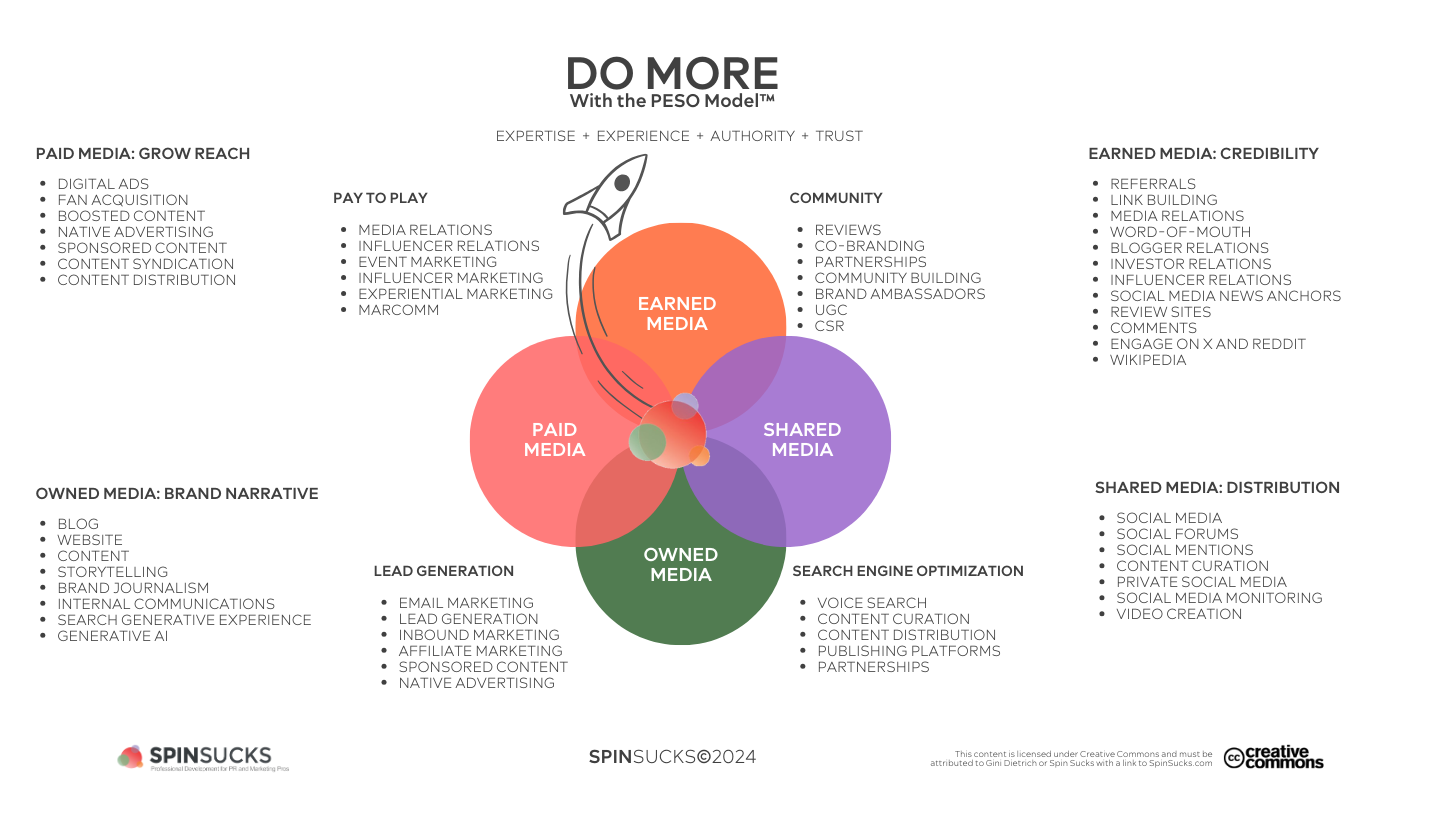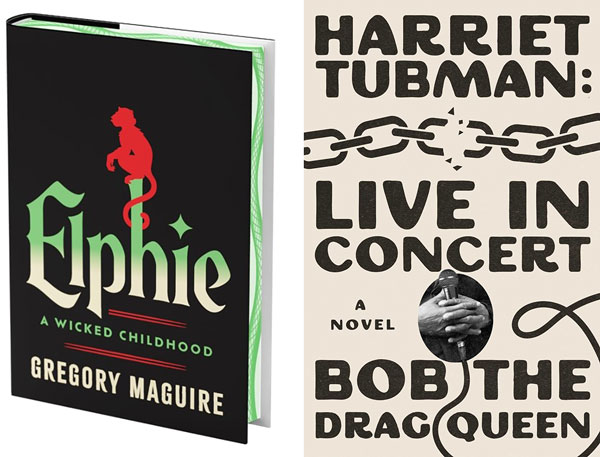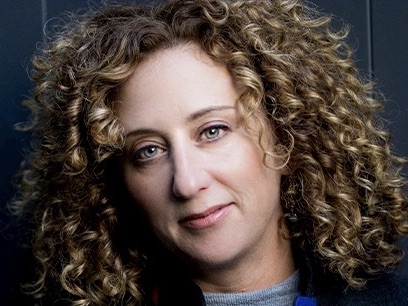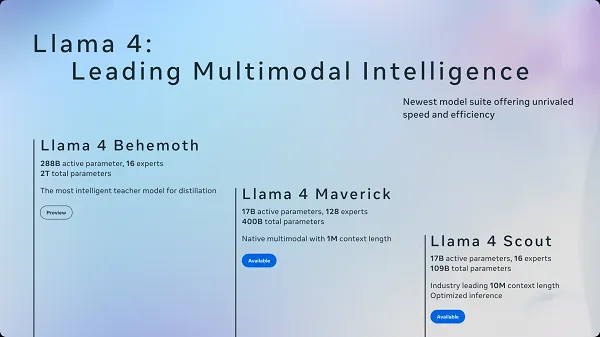NATCH
Kinsey’s taut novel tells a straightforward story, but it’s the voice that stands out most. The note of regret its narrator takes when recalling a woman named Asha hints that the story we’re about to hear won’t be a happy one. “I was afraid if I thought about her, her voice would wake up on the inside of my mind,” the narrator declares—but soon enough he begins to tell the story of how he and Asha fell in love. At the time the book opens, the protagonist is 29 and has been working in tree removal for the last 11 years. He’s immediately taken when he meets Asha, who would like to become a therapist one day and has a penchant for belly dancing. Before long, the couple is expecting a child, and much of the book covers how these two fiercely independent people reckon with impending parenthood. There’s an immediacy to Kinsey’s prose that makes scenes like one of the narrator and Asha trying to catch a gar stand out. But there are hints of something bleaker below the surface: The narrator’s temper flares up at times, and he misgenders his opponent after an arm-wrestling match. Asha and the narrator’s child dies in the womb, which leads both of them into deep depression. “I was thinking of it like a miscarriage, but it wasn’t the same as a miscarriage,” the narrator muses. Things get bleaker from there, with the couple facing financial precarity before things reach points of tragedy and redemption. The book is uneven, but its mournful voice is hard to shake.


Kinsey’s taut novel tells a straightforward story, but it’s the voice that stands out most. The note of regret its narrator takes when recalling a woman named Asha hints that the story we’re about to hear won’t be a happy one. “I was afraid if I thought about her, her voice would wake up on the inside of my mind,” the narrator declares—but soon enough he begins to tell the story of how he and Asha fell in love. At the time the book opens, the protagonist is 29 and has been working in tree removal for the last 11 years. He’s immediately taken when he meets Asha, who would like to become a therapist one day and has a penchant for belly dancing. Before long, the couple is expecting a child, and much of the book covers how these two fiercely independent people reckon with impending parenthood. There’s an immediacy to Kinsey’s prose that makes scenes like one of the narrator and Asha trying to catch a gar stand out. But there are hints of something bleaker below the surface: The narrator’s temper flares up at times, and he misgenders his opponent after an arm-wrestling match. Asha and the narrator’s child dies in the womb, which leads both of them into deep depression. “I was thinking of it like a miscarriage, but it wasn’t the same as a miscarriage,” the narrator muses. Things get bleaker from there, with the couple facing financial precarity before things reach points of tragedy and redemption. The book is uneven, but its mournful voice is hard to shake.



































![How to Find Low-Competition Keywords with Semrush [Super Easy]](https://static.semrush.com/blog/uploads/media/73/62/7362f16fb9e460b6d58ccc09b4a048b6/how-to-find-low-competition-keywords-sm.png)















![How Marketers Are Using AI for Writing [Survey]](https://www.growandconvert.com/wp-content/uploads/2025/03/ai-for-writing-1024x682.jpg)

























































































